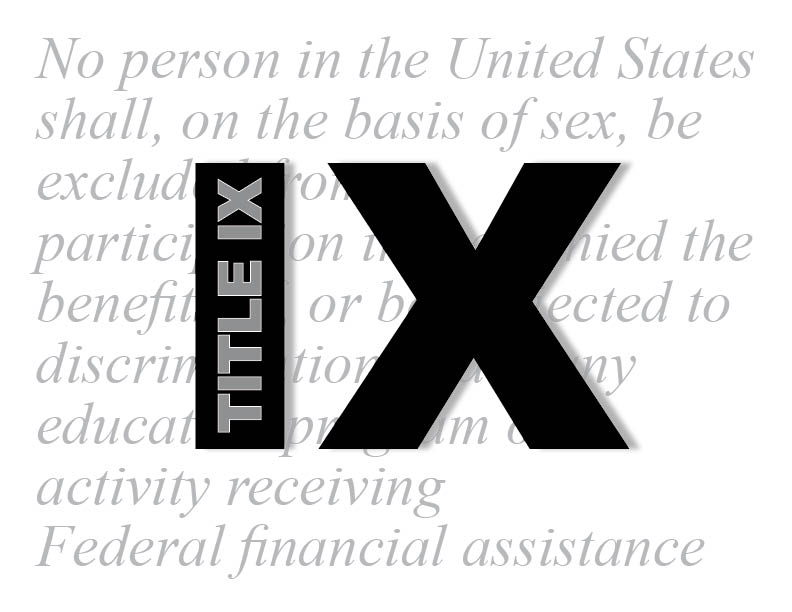
Editorial: Title IX training needs to be taken seriously in college
Title IX training is one of the most important requirements on any college campus. According to USD’s website, Title IX “is a federal civil rights law that prohibits discrimination on the basis of sex in education programs and activities.”
The law also states that “discrimination on the basis of sex can also include sexual harassment, sexual assault, sexual violence, stalking and sexual coercion.”
When considering the number of sexual assaults that occur on college campuses every year, it’s quite alarming to consider the fact that people don’t agree with Title IX, or want to change it.
Recently, United States Secretary of Education Betsy DeVos announced she’s looking to change the “failed system of campus sexual assault enforcement, to ensure fairness for victims and the accused.”
Reporting a Title IX complaint is already scarring enough for victims. What happens when accusers walk free because they’re “not being treated fairly”?
Though DeVos claims there are many falsely reported sexual assaults, the National Sexual Violence Resource Center reports that only between two and 10 percent of sexual assault reports are false.
According to the NSVRC, one in five women and one in 16 men are sexually assaulted in college, and more than 90 percent of those assaults go unreported.
DeVos’ argument hinges on the idea that students are “wrongly accused” more frequently, so the justification for this change comes into question. This potential flexibility shows how flawed the system is when handling sexual assaults, especially on college campuses.
At USD, the Title IX page includes a video that students can watch and learn about consent. While the video does indeed explain consent in simplified terms, it’s more comedic than anything, and doesn’t really send a serious message.
Many people treat sexual assault training as a joke, and they don’t realize how detrimental that is to those affected. What message does it send when the education secretary tries to condemn a “flawed system” that works to protect victims?
Sexual assault victims suffer enough trauma. Yes, the accused deserve a fair process, but a more flexible Title IX law might allow them to get off the hook.
Cases like People v. Turner, where Stanford swimmer Brock Turner was charged with three felony counts of sexual assault, but was only charged with six months in prison and only served three, are great examples of why universities should take sexual assault allegations seriously.
Something simple like this video shows just how sexual assaults are treated. Title IX needs to be treated as a tool to help students feel safe and get the justice they need on campus.
